
Mental Health Podcasts
September 7, 2018 in LINKS

Lately, I’ve become a bit of a podcast fiend. My first podcast was the popular fictional radio show Welcome to Night Vale, and over the years – particularly in the last few months – I’ve subscribed to all kinds of podcast feeds, including serial fiction, news shows, and writing advice. Mental health is also very important to me, and I listen to quite a few shows that discuss the workings of the mind and how to address the challenges we face regarding our mental and emotional wellbeing. Here are a few examples:
- Hidden Brain This is more of a general psychology podcast that covers all sorts of fascinating topics about human behavior. Some episodes delve into sociology, while others share little tips on how to introduce helpful thoughts and behaviors into your life. Several episodes have even been re-released as part of a “You 2.0” series. These episodes offer more direct advice on how to improve your mental wellbeing.
- Happier with Gretchen Rubin Gretchen has written several books about happiness, and she shares a variety of ways to make your life a little more joyful in this podcast. In between full-length episodes, the feed also releases mini episodes that are only a couple minutes long, yet provide great points to ponder.
- The Struggle Bus In this podcast, two women who have endured their own mental health struggles give non-clinical advice to listeners who write to them in search of support. Their insights and encouragement have helped me feel more hopeful that recovery is possible.
- The Bright Sessions This fictional podcast can be summarized as “X-Men go to therapy.” Dr. Bright offers therapy to people with strange abilities, helping them to gain control over their powers and cope with the effects their abilities have on their personal lives. This show really emphasizes that mental health is important and that treatment is a powerful tool for learning how to regulate your thoughts and emotions. The main storyline concluded a few months ago, but bonus episodes are still being released occasionally.
Bonus: Dear Hank and John and DELETE THIS are great if you need a laugh 🙂
Do you listen to podcasts? How do you think podcasts, whether the focus is on wellbeing or not, can help improve mental health?


 Memes are an undeniable staple of Internet culture. If you browse around many websites and social media platforms, you will almost certainly come across image macros, Tumblr posts, viral tweets, and other content that has been circulating the web.
Memes are an undeniable staple of Internet culture. If you browse around many websites and social media platforms, you will almost certainly come across image macros, Tumblr posts, viral tweets, and other content that has been circulating the web. Of course, it’s fair to say that mental-illness memes trivialize serious conditions, and some people may find them oversimplifying or offensive. But nearly all of the memes I’ve come across are pretty relatable, and effective humor often has a considerable degree of truth. Describing my struggles in humorous terms is a way to laugh a little.
Of course, it’s fair to say that mental-illness memes trivialize serious conditions, and some people may find them oversimplifying or offensive. But nearly all of the memes I’ve come across are pretty relatable, and effective humor often has a considerable degree of truth. Describing my struggles in humorous terms is a way to laugh a little.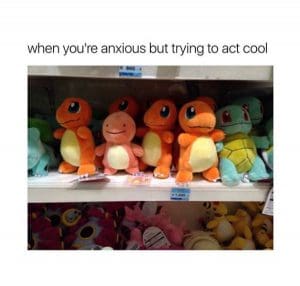 A final word of advice: as with all Internet content, it’s easy to fall into the bottomless pit of mindlessly surfing the web for hours and hours, which is not conducive to good mental health. Self-care is essential for all Internet activities, which includes spending time away from the screen and taking a break if you come across something that makes you uncomfortable or upset. And while memes can bring a laugh every now and then, it’s important to remember that you are not defined by the attitudes expressed in them, just as you are not defined by your illness. Memes aren’t a well-rounded way of describing a mental illness. Real life is more complex than a few words copied onto a picture, and it’s important to be honest with yourself and others about how you’re feeling, rather than trying to project the entirety of your illness into a simple several-word meme.
A final word of advice: as with all Internet content, it’s easy to fall into the bottomless pit of mindlessly surfing the web for hours and hours, which is not conducive to good mental health. Self-care is essential for all Internet activities, which includes spending time away from the screen and taking a break if you come across something that makes you uncomfortable or upset. And while memes can bring a laugh every now and then, it’s important to remember that you are not defined by the attitudes expressed in them, just as you are not defined by your illness. Memes aren’t a well-rounded way of describing a mental illness. Real life is more complex than a few words copied onto a picture, and it’s important to be honest with yourself and others about how you’re feeling, rather than trying to project the entirety of your illness into a simple several-word meme.
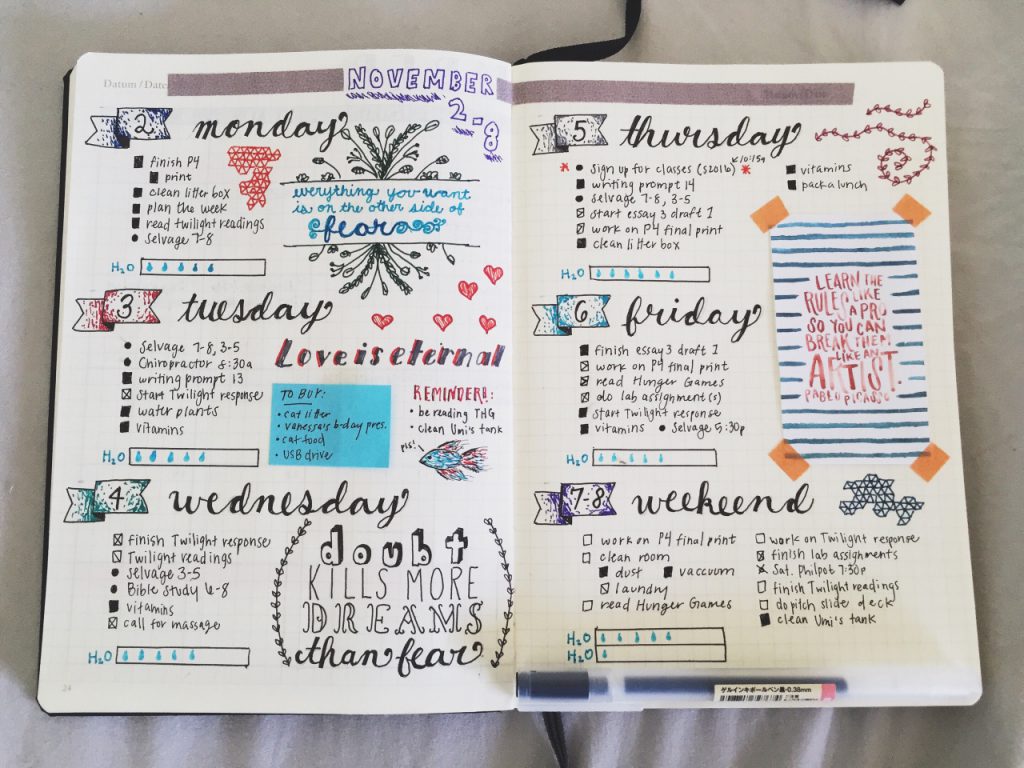

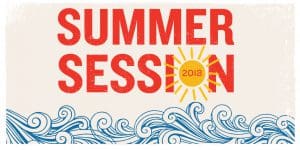 Summer vacation is here! It’s a time to take a break from the stress of school and enjoy the long, sunny days ahead. But I have found that summer can also be a lonely time. I may not see my friends every day—they might be on vacation, working, or participating in an ongoing summer activity that makes it hard to meet up with them.
Summer vacation is here! It’s a time to take a break from the stress of school and enjoy the long, sunny days ahead. But I have found that summer can also be a lonely time. I may not see my friends every day—they might be on vacation, working, or participating in an ongoing summer activity that makes it hard to meet up with them.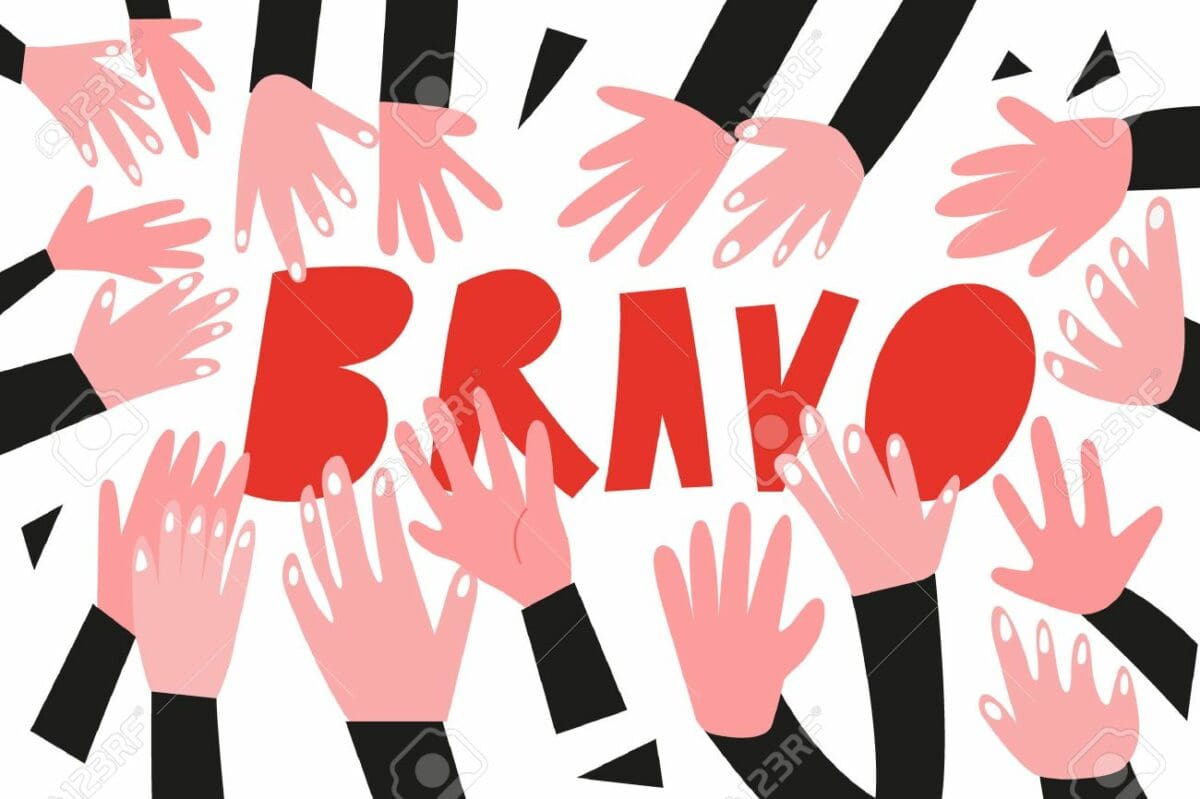
 Towards the end of the semester, the stress level of every student skyrockets. So many papers, exams, quizzes, and projects are thrown at every student all at once. With only 24 hours in a day, it may seem impossible to students to get everything done.
Towards the end of the semester, the stress level of every student skyrockets. So many papers, exams, quizzes, and projects are thrown at every student all at once. With only 24 hours in a day, it may seem impossible to students to get everything done. Just because you did not achieve everything on your to-do list does not mean you are a failure. Maybe you set unrealistic goals for that day, which is something that I do quite often. What you do is enough! Focus on what you did get done. You will feel a lot better about yourself and feel very accomplished!
Just because you did not achieve everything on your to-do list does not mean you are a failure. Maybe you set unrealistic goals for that day, which is something that I do quite often. What you do is enough! Focus on what you did get done. You will feel a lot better about yourself and feel very accomplished!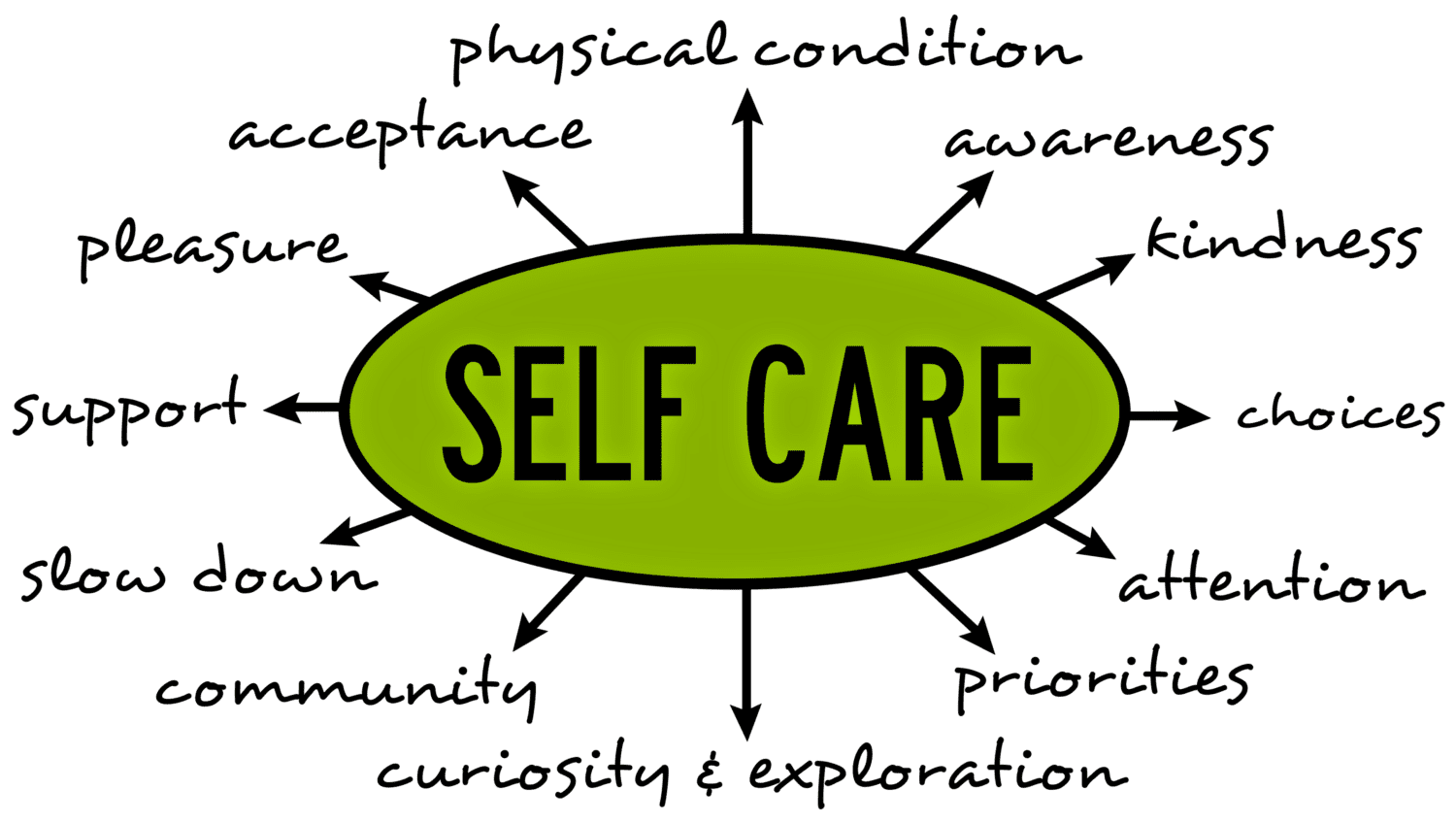
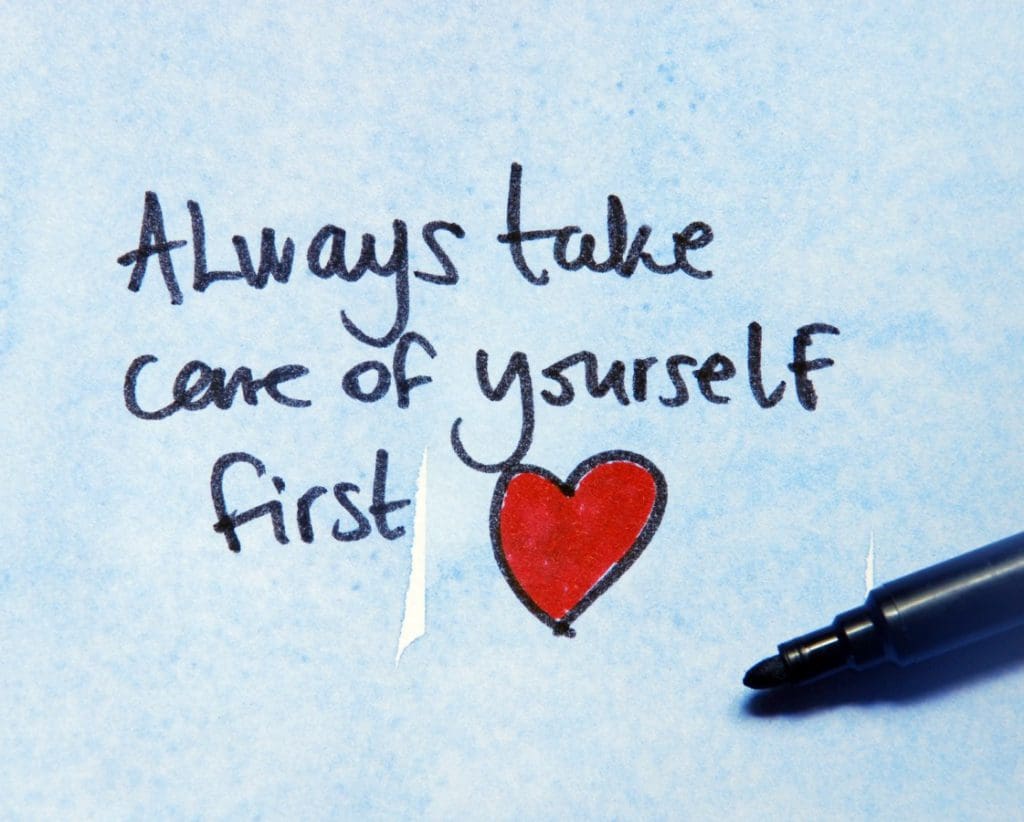 I took a Pilates class this past semester at school, and in our last class our instructor posed us a question: What does self-care mean to us?
I took a Pilates class this past semester at school, and in our last class our instructor posed us a question: What does self-care mean to us?

 One of the simplest random acts of kindness you can perform is writing an encouraging note for someone. This can be done in a number of ways, such as delivering a letter to someone in person or anonymously leaving an inspirational quotation for someone to find. And there is actually an organization,
One of the simplest random acts of kindness you can perform is writing an encouraging note for someone. This can be done in a number of ways, such as delivering a letter to someone in person or anonymously leaving an inspirational quotation for someone to find. And there is actually an organization, 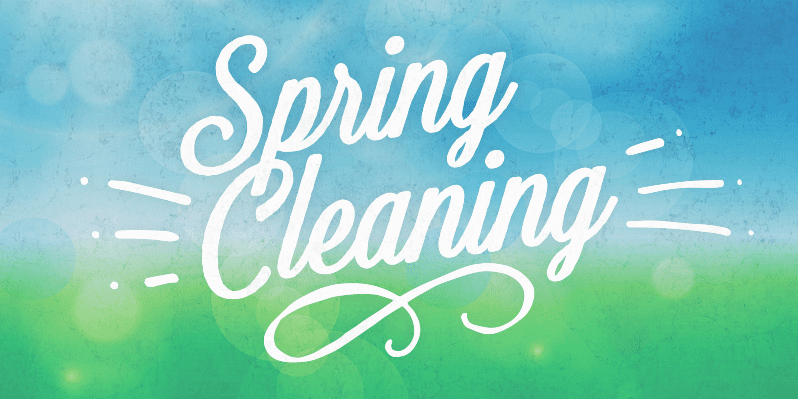


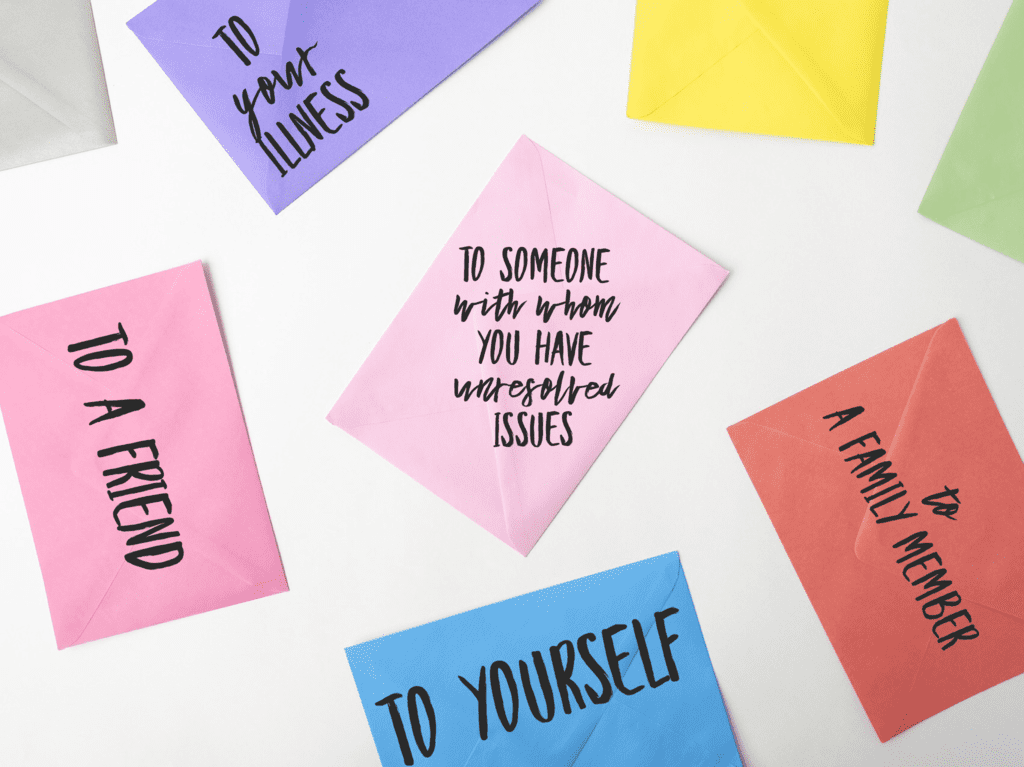


Recent Comments